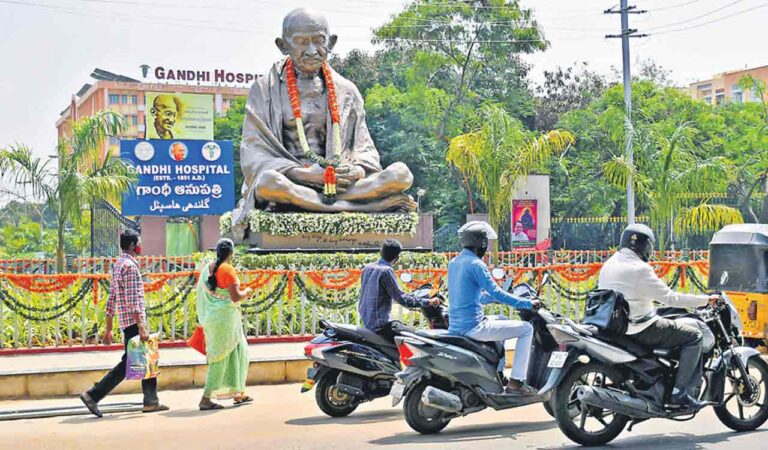Release Date: Release Date – 12:30 AM, Friday – November 4th

A centralized national organ transplant center will be equipped with nearly eight high-end operating theatres at Gandhi Hospital, at a cost of Rs 300 crore in the coming months.
Hyderabad: To encourage government hospitals to be more proactive in accepting more organ donations and transplants, the Telangana government has introduced a series of measures over the past few months that can reduce waiting times for patients in need and increase the availability of organ donations and transplants. Proportion. Transplant surgery in government hospitals compared to private hospitals.
To perform more organ transplants, government teaching hospitals such as Gandhi Hospital and Osmania General Hospital (OGH) face two major bottlenecks, namely insufficient infrastructure and lack of proper guidelines to declare brain-dead patients.
Every day, regional and teaching hospitals in Telangana receive a flood of trauma cases, most of which do not recover and eventually die. Since the teaching hospital did not declare such patients brain dead, the deceased’s cadaveric donor organs were not used.
To address this dilemma, Health Minister T Harish Rao in October directed all government hospitals to declare critically ill patients with zero chance of survival as brain dead. The minister also established a committee of senior health officials to develop the necessary guidelines and protocols for declaring brain dead.
To address infrastructure constraints, a centralized national organ transplant center will be equipped with nearly eight high-end operating theatres at Gandhi Hospital in the coming months at a cost of Rs 300 crore.
The state government is also focusing on the Nizam Institute of Medical Sciences (NIMS) to strengthen its efforts in organ transplantation. As a result, in October, NIMS transplant surgeons successfully performed three complex organ transplants of the heart, liver and kidney.

Although no organ transplants from brain-dead cadavers have been performed, OGH has been at the forefront of performing living-donor kidney transplants over the past decade. Overall, OGH has performed more than 700 living-donor-related kidney transplants, including 300 to 400 kidney transplants over the past decade.
“OGH is a leader in living-donor kidney transplants in government hospitals and has performed nearly 700 living-donor kidney transplants to date. The government is also pushing hard on brain death declarations, which will give a big boost to cadaveric organ transplants in government hospitals,” Osmania said. said Dr. Manisha Sahay, professor and director of nephrology at the School of Medicine.
